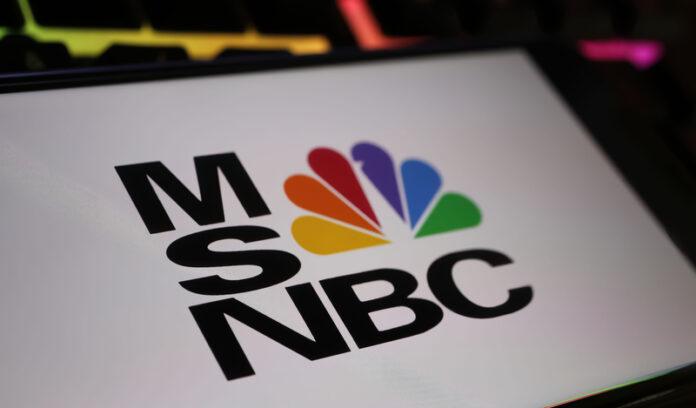Yale University philosophy professor Jason Stanley sparked controversy during a Sunday, December 8, 2024 appearance on MSNBC’s “Ayman,” where he likened President-elect Donald Trump’s cabinet appointments to organized crime operations. Urging viewers to “think of the mafia” when analyzing Trump’s selection process, Stanley drew sharp parallels between Trump’s political maneuvers and the shadowy, transactional world of criminal syndicates.
Stanley’s remarks are consistent with his history of incendiary commentary, often polarizing academic and public audiences. In 2016, he came under fire for a profane Facebook post condemning a colleague’s lecture on homosexuality, describing the event as emblematic of a “cultural war” between ideological extremes.
More recently, in 2023, Stanley claimed Trump’s rhetoric was “textbook ‘Mein Kampf,'” referring to Hitler, a chilling analogy that underscored his belief that such language carries implicit signals to antisemites. Critics have repeatedly accused Stanley of exploiting historical atrocities to frame contemporary political figures in an exaggeratedly sinister light.
During his MSNBC appearance, Stanley expanded on his claims, asserting that Trump’s appointment strategy mirrors tactics frequently depicted in gangster films. According to Stanley, Trump deliberately selects individuals who understand his expectations implicitly, likening this to the unspoken code within criminal hierarchies. “Think of the mafia,” Stanley reiterated, warning that such choices often facilitate a culture of complicity and enable abuses of power. He further criticized media outlets for what he described as the “normalization” of these appointments, accusing them of failing to scrutinize the deeper implications of Trump’s staffing decisions.
Historical connections between Trump and organized crime figures lend a macabre weight to Stanley’s comparisons. Trump’s longtime lawyer, Roy Cohn, notorious for his ties to prominent mafia families, represented mob-connected clients, including leaders of the Gambino and Genovese crime families. Trump’s construction projects in New York City relied on companies operated by mafia members, a necessity in the era’s corrupt construction landscape.
Among Trump’s associations was John Staluppi, identified as a “made” member of the Colombo crime family, and Daniel Sullivan, linked to the Genovese family. Additionally, Felix Sater, a Russian-born investor with reported ties to Russian organized crime, maintained a personal and professional relationship with Trump, even accompanying his children on a Moscow trip.
Critics argue that recent nominations for Trump’s potential administration, including figures like Matt Gaetz and Pete Hegseth, and discussions involving Robert F. Kennedy Jr. and Elon Musk, reflect a troubling departure from traditional merit-based selections. Stanley characterized these choices as indicative of a broader authoritarian playbook, where loyalty supersedes competence and accountability. His comments suggest that these appointments, much like his mafia analogy, entrench a culture of unwavering allegiance to Trump rather than prioritizing governance.
Stanley’s rhetoric, however, raises questions about his impartiality and credibility. His penchant for drawing inflammatory comparisons to fascist regimes has earned him a reputation as a polarizing figure. While his assertions often ignite debate, detractors argue that his hyperbolic language undermines the discourse he seeks to elevate, casting legitimate concerns in a conspiratorial light.
The professor’s warnings come during heightened political division when Trump supporters and critics interpret his actions through starkly divergent lenses. Whether Stanley’s comments are seen as an overdue critique of authoritarian tendencies or as inflammatory hyperbole, they highlight the deeply polarized state of American political discourse.

